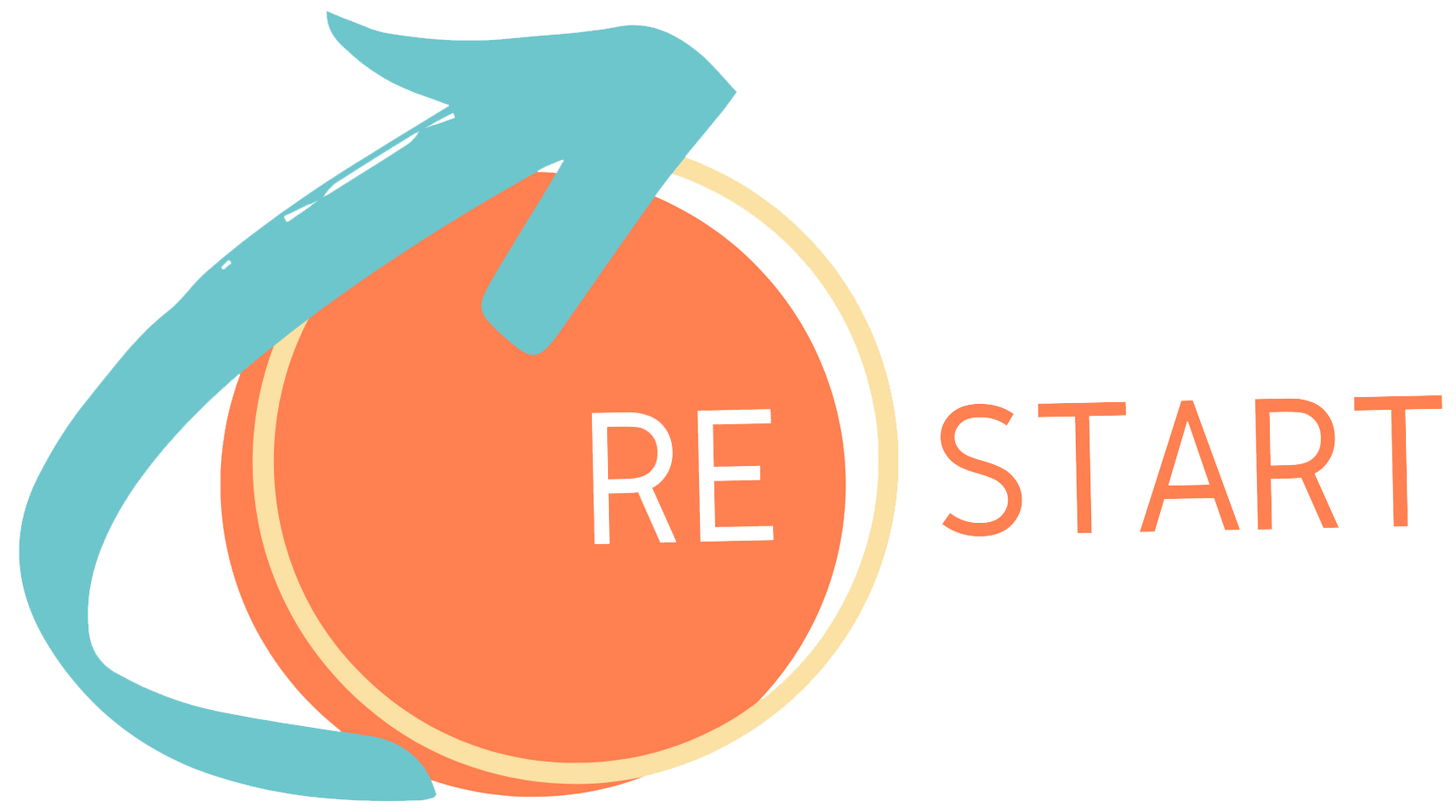Introduction
In order to achieve the desired results and find the job that you want it is important that you define your goal in the right way. Making your goal SMART is the next step to success that you need to take. A goal is SMART when it is:
● Specific: Clearly defined for everybody. Goals that are specific have much greater chance to be successfully accomplished. For example, a general goal would be “I want to earn some money.” A more specific goal would be “I want work as a taxi driver 4 hours per day in order to earn money.”
● Measurable: Having specific metrics to measure the results at different points of time. Measurement criteria allow for us to control our progress and adjust if necessary. From the previous example if we want to make the goal more measureable we can add: “I want work as a taxi driver 4 hours per day in order to contribute with X Euro to the family budget.”
● Achievable: Reasonably attainable and not impossible to be realized. In order to be able to sustain your motivation, you should set yourselves goals that can be achieved within a foreseeable time. The knowledge about your resources and needs and about the job market requirements (Module 3, Activity 2) can help you make your goal achievable. If achieving the final goal, requires some more time, due to the need for example of additional qualification to be gained, you can divide it into a twostep process, for example: Goal 1: Get the necessary qualification; Goal 2: Get the job. This will make it easier for you to keep up your motivation.
● Relevant: It should be aligned with your purpose and your values. Relevant goals are much easier to pursue with persistence. If you want a job, not only because of the money, but because you like something about the job, or because it will give you meaning and purpose and if your goal doesn’t collide with your values and helps you utilize your strengths, it will be easier for you to overcome the obstacles on the way to achieving the goal.
● Timely: With a well-defined timeline, clearly stated beginning and end. A SMART goal should be defined in time – with a start and finish date. If there are no time constrains to achieve the goal, this is not a goal, it is just a wish and you can postpone starting to work for it all your life.
Objective
The objective of this activity is to increase your chances of achieving your goal, by helping you make it SMART.
STEP 1: PREPARE
Write once again what your goal is.
For example: “I want to be a Taxi driver.”
STEP 2: MAKE IT SMART
Answer the following questions about your goal:
1. How do you specify your goal as clearly as possible, so there is no possibility for different understanding of it?
2. How will you know that you have achieved your goal? How will you measure your success? Setting these criteria will make the goal measurable.
3. Is your goal achievable within a foreseeable timeframe? If not, how can you change it in order to make it achievable?
4. Is your goal relevant? If not, how can you change it to make it relevant?
5. Until when do you want to achieve your goal?

STEP 3: My SMART GOAL
Having in mind your answers to the questions above, rewrite your goal, so that it is SMART.
Good luck!



